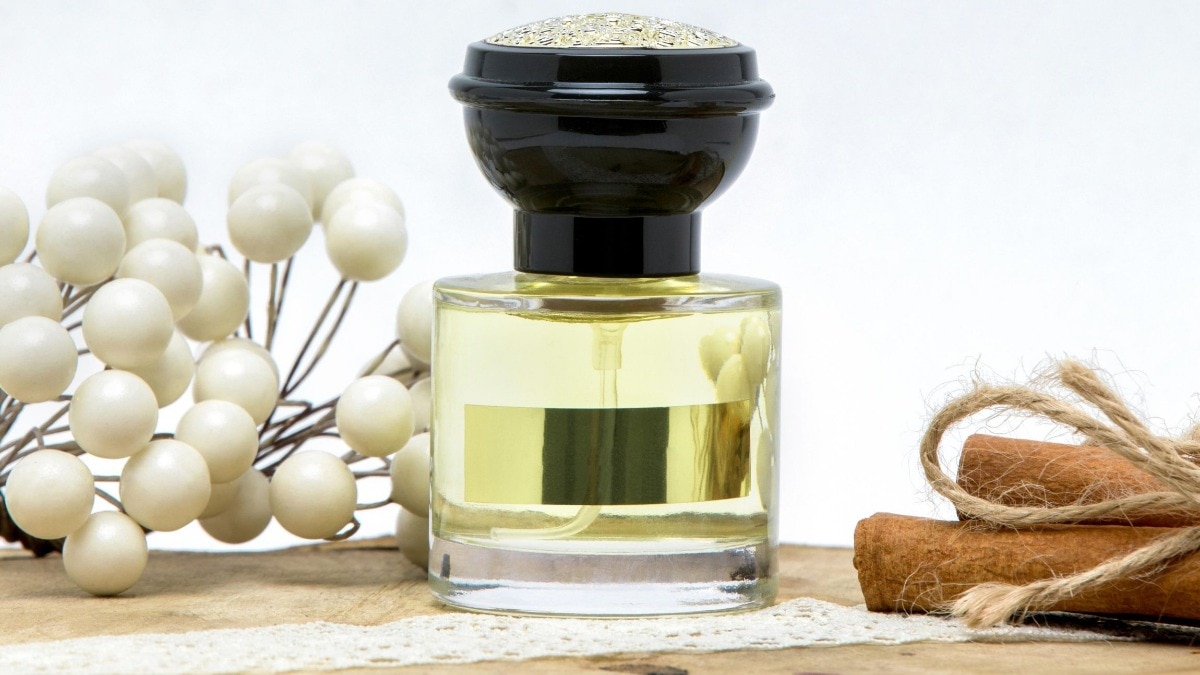Can a beauty product truly react to your mood?
We delve into the world of mood-responsive skincare. Here is everything you need to know, plus the formulas to try.


We all know that stress wreaks havoc on our mood, our sleep, and our snack choices (hello, 10pm peanut butter spoon). But here’s the kicker: our skin is also a victim of testing times. If you’ve ever broken out just before a big presentation or noticed your glow vanish after a week of toddler tantrums and missed deadlines, you’re not imagining it. Your skin is your body’s most extra, dramatic friend – it shows everything you’re feeling, and now, beauty brands are finally paying attention.
Welcome to the world of mood-responsive beauty, where serums know when you’re stressed and moisturisers double as therapists (minus the hefty hourly fee). And no, this isn’t just wellness fluff with a side of pretty packaging; there's a burgeoning field of research, known as neurocosmetics, which backs up claims that your skincare is becoming smarter, more responsive, and quite possibly more emotionally attuned than your life coach.
How does your mood affect your skin?
First, let’s talk science: why your mood shows up on your skin. “Stress doesn’t just affect how you feel, it affects how your skin functions,” explains Dr Alia Ahmed, independent consultant dermatologist at Tolpa and, in industry circles, fondly known as the psycho-derm. “The link between emotional stress and inflammation can be traced back to the HPA axis [hypothalamic-pituitary-adrenal – a crucial neuroendocrine network that regulates the body's response to stress and maintains overall health], which triggers a cascade of hormonal and immune responses,” Dr Ahmed explains.
In laywoman’s terms: when you’re stressed, your body floods with cortisol, the infamous stress hormone. This can then disrupt your skin barrier, slow down wound healing, trigger breakouts, cause redness, dullness, and even accelerate ageing. And if you have a pre-existing condition like psoriasis or eczema? Stress just pulls up a chair and makes itself right at home.
According to a 2017 report by Evers-Meltzer, chronic stress can increase inflammation in the skin, suppress immunity, and even impair collagen production (the scaffolding that keeps your face firm and juicy). What's more, 85% of dermatology patients believe the psychosocial side of their condition is a major part of their struggle. It’s no wonder, then, that beauty brands have started looking inward, literally.
Enter mood-responsive skincare...
If traditional skincare is about tackling the visible signs (dryness, dullness, breakouts, pigmentation), adaptive skincare is about getting to the emotional root. These formulas often use neuro-active ingredients that respond to internal and external stressors such as temperature, humidity, pollution and, crucially, your mood. “Think of it like skincare with a sixth sense,” says Pauline Poussin, scientific communications manager at neurocosmetic (and Sisley Paris sister brand) Neuraé. “Our skin and brain are connected via neuromediators – tiny chemical messengers that relay emotional and physical stress. With mood-responsive products, we’re targeting those messengers directly.”
Neuraé's Harmonie serum, for instance, blends scutellaria alpina to boost endorphins, red indigo to reduce cortisol, and eperua extract to soothe inflammation, all while making you feel noticeably calmer. In clinical trials, 95% of women reported an immediate sense of well-being after application.
It’s not just about the actives, either. Texture, scent, and ritual all play a role. “Even the feel of a product — how it melts on the skin, how it smells, can trigger oxytocin or serotonin,” says Poussin. Translation: a sensorially-considered skincare routine can literally change your brain chemistry. No wonder we’re addicted to that nightly double cleanse.
How do these products know what your skin needs?
Through clever biofeedback mechanisms and adaptogenic ingredients. Adaptogens such as ashwagandha, ginseng, and rhodiola have long been used in herbal medicine to help the body respond to stress and in skincare, they work in a similar way by balancing cortisol levels, boosting antioxidant defences, and supporting the skin barrier when it’s under duress. Many of these formulas are also pH-sensitive, meaning they shift in response to your skin’s current state. Imagine a serum that detects increased acidity (common during stress) and delivers calming actives accordingly.
Yes, it’s basically a mood ring for your face.
“Neurocosmetic ingredients can reduce redness, improve hydration, calm the skin and even impact pain perception,” adds Dr Ahmed. “We’re seeing real-time effects via the skin-brain connection.”
So, is mood-based beauty the future? In short, yes. But with caveats; many brands are still catching up to the science. Early innovators like Neuraé, however, are proving that skincare can be both emotional and effective. “We’re at the start of a very exciting movement,” says Poussin. “One that recognises the skin not just as a canvas, but as a communicator.” Dr Ahmed agrees: “With more studies, we’ll understand how to harness this brain-skin link more effectively. But the early results are promising and in many cases, profound.”
So next time you’re slapping on your serum, take a moment. How do you feel? Your skin already knows and now, so can your skincare.
Lead Image: Pexels
This article was originally published on Harper'sbazaar.com/uk
Also read: TSA-approved skincare heroes you should slip into your carry-ons for that post-flight glow
Also read: Why ocean-derived skincare is making waves this summer










